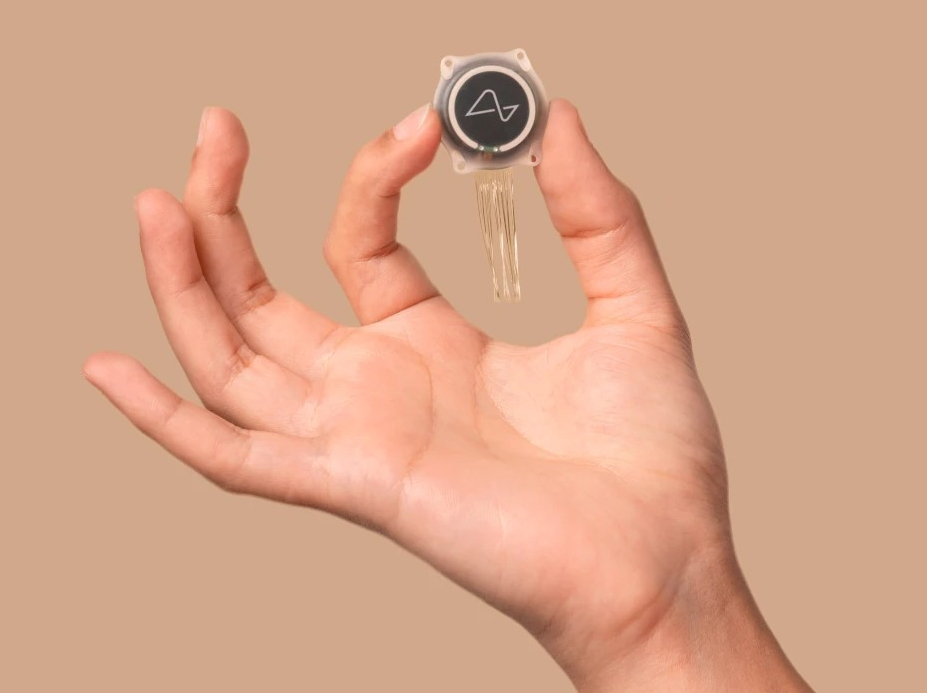‘Telepathy’: Not so Surreal Anymore
Elon Musk grabs headlines once more as his neurotechnology company ‘Neuralink’ plants a brain chip in humans for the first time, calling its first project ‘Telepathy’.
This astonishing experiment and application is the beginning of a symbiotic interaction between humans and technology.

Elon Musk, along with a team of seven scientists and engineers installed for the first time a brain implant in a human body. Musk took to X to share this phenomenal breakthrough of his multi-billionaire start-up.
The results have been ‘promising’ says Elon in the post, further adding on to say that ‘the initial results show promising neuron spike and that the subject is recovering well.’
Musk’s Success: ‘Link’ing Humans and AI
The success of this trial is a testament of the hard work and efforts put in by umpteen professionals of Neuralink, an Elon Musk co-founded start-up established in 2016.
This company visions to facilitate a direct transmitting channel, connecting human brains to computers.
After receiving the stamp of approval from the US Food and Drug Administration in 2023, it actively sough to seek volunteers though a recruitment process to enrol subjects for this novel, ground-breaking brain implant trials and initiated its trials last year in September.
Control Devices with just your Thoughts!
The study, named PRIME, an acronym for ‘Precise Robotically Implanted Brain-Computer Interface’ entails a R1 robot, built in the house, surgically installing the N1 implants called ‘Link’ (which are ultra-fins threads) that will facilitate communicating signals in the brain.

Through the invasive surgery, the brain houses the ‘Link’ in the region which controls movement intention. This chip is invisible for cosmetic purposes and records and transmits brain waves to an application that interprets the movement intentions
This pioneering phenomenon is an advanced tread into exploring the rewards of a wireless brain-computer interface (BCI) in aiding paralysed people function effectively through commanding their devices by just thinking about an action.
Promising attempt to ‘AI’d disable people
The eligibility criteria included people diagnosed with quadriplegia (a symptom of paralysis) owing to cervical spinal cord injury and those detected with Amyotrophic Lateral Sclerosis (ALS), a nervous system disease.
The scientists picked people with paralysis to help them study the efficacy of the interface that aims to allow people with disabilities to control devices through just their thoughts.
Neuralink’s attempt to equip people with this superpower is a great milestone for people with neurological disorders like Parkinson’s or ALS.
Musk, upon confronting some hurdled, seeked to team up with Synchron, an implant developing agency in Australia as a potential investor in amplifying human capabilities with by harnessing the assets of AI.
Synchron debuted its first chip implantation in humans back in July 2022, in The US.
Neuralink has not yet responded to the overwhelming response and questions by fans, fanatics and intellectuals.












